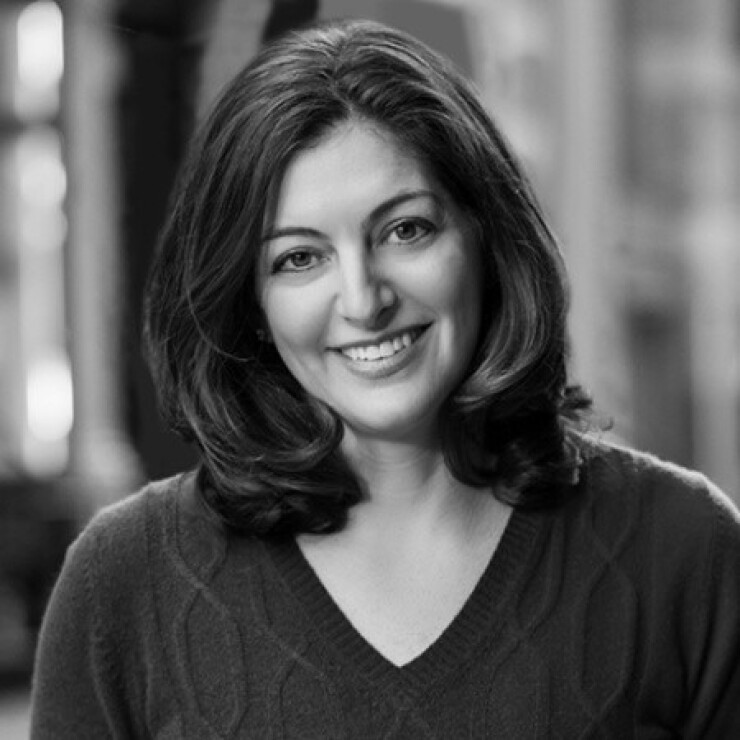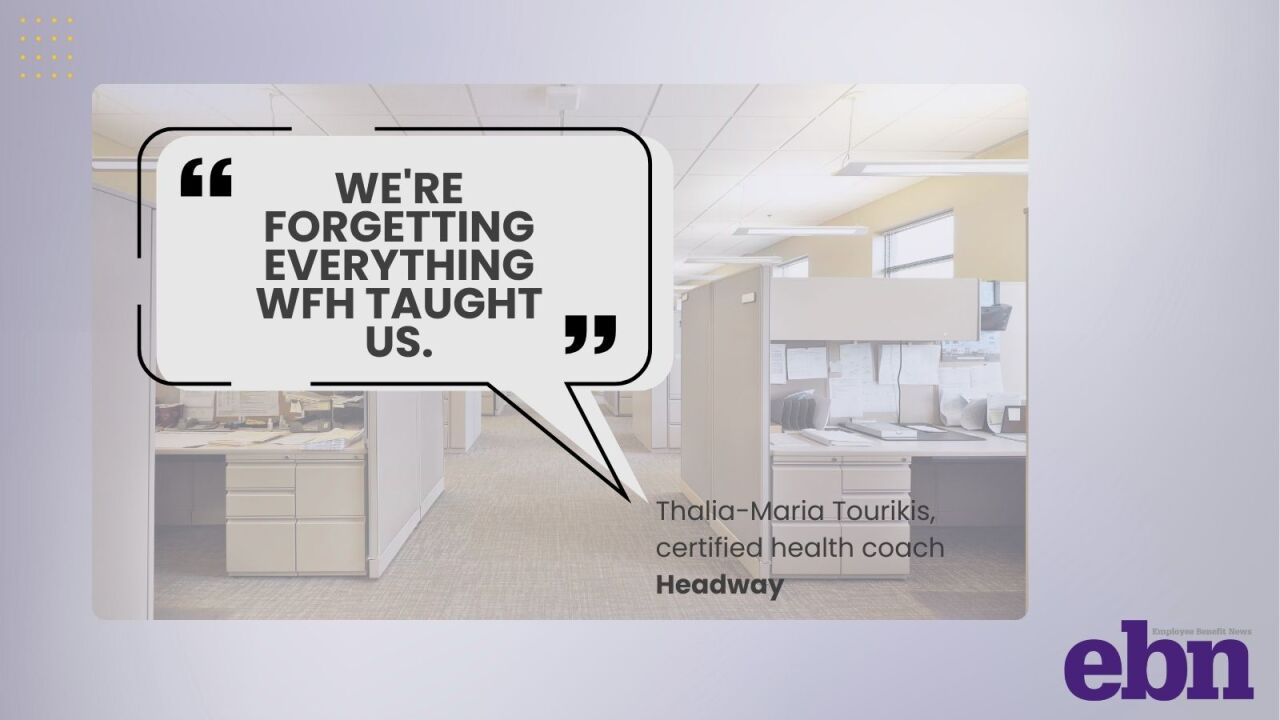In a world filled with financial uncertainty, Rachel Schneider has developed a way for employers to offer aid to employees
Her company, emergency relief fund solution Canary, partners with organizations to give anonymous grants to employees when a crisis, such as illness, injury,
A career based on service
Schneider's dedication to help those in need took root during her time in a post-college volunteer program, now part of AmeriCorps, a federal agency that encourages people to get involved in community-based services. The exposure to people's struggles with poverty was eye-opening, emotional and inspirational, Schneider says.
"Everything about my career stems from that year," Schneider says. "It was clear to me that I didn't have the emotional fortitude for direct service work, but I did have the skills and interest in systems change. I went to grad school and did a JD/MBA, and while I was there I got really excited about the ways in which business can advance social change, the idea that you can do good and also do well, and that you could leverage the forces of capitalism to create social value as well as economic value."
Read more:
Schneider went on to work as an investment banker, a job that gave her financial independence and the chance to see how "senior level corporate executives make decisions, but wasn't focused on the poverty I cared about," she says. Roles in financial policy and research, including co-authoring a book that took a deep dive into 235 working families' everyday expenses, convinced Scheider that the best way to make a difference was to create a direct path to money for people when they need it. Determining a greater impact could be made by teaming up with employers versus private contributors, the idea for Canary was born.
"I wanted to be one of those people who was doing a thing that actually delivered tangible responses," she says. "People have volatility in what they earn and their expenses, and often there are moments where somebody is short $500 or $1,000, and that money is going to have massive spiral effects on their ultimate financial outcomes. There weren't a lot of people just saying, 'Well, how are we just going to give this person that money in that moment?'"
Read more:
Schneider explains the unique impact an emergency grant employee benefit can have on workers' wellness, and how it helps employers set themselves apart.
Why did you decide employers were the ideal partners for maximum giving impact?
I was looking for an enduring source of funds outside of [people's] existing network. Employers were a really good choice there, because when people have financial hardships, it affects their performance at work. [Most] people say that their number one concern is financial stress, and companies lose billions of dollars in productivity, so I felt like we could make the case that if you enable your people to be less financially stressed, there is a benefit. The amount of money you save [by keeping] an individual calm and more engaged by giving these grants far exceeds the amount of money it costs for you to give that person $1,000.

How does Canary make it possible for any employer to offer emergency grants as a benefit?
Most companies aren't going to have the bandwidth to develop a program, establish a nonprofit, build the technology that makes it easy to field requests every day, and have a compliance infrastructure to evaluate requests against a set of rules. We can say to them, spend three hours with us on the phone and we'll do the rest. They'll still need to communicate it internally, but that's a much different job than all the rest of the jobs of implementing and managing this over time.
Read more:
How does adding Canary as a benefit strengthen an employer's commitment to financial well-being in the eyes of employees?
We've seen employers do a combination message, such as 'We're offering an emergency savings fund, or a financial advice benefit, or financial wellness education in some way so that you can help yourself, and also, we are putting this program in place so that when there's a crisis, we are there for you.'
That's an incredibly powerful message for employers to give because, of course, we do have individual responsibility for our own financial well-being, but all of us need and deserve help. That's the message we're hoping employers are conveying: 'We are a community, and this is one of the ways we express our care for each other.'
Read more about financial wellness benefits that are making a difference:
Navigating retirement insecurity with the right workplace benefits Are employees getting what they need from their 401(k)s? Retirees have no financial plan: How benefit managers can help employees now Essential benefits that support women's financial wellness Emergency savings benefits address student loan and retirement stressors
Read more from EBN's Manager Diaries series:
How this KinderCare exec leads by example to support working parents How Firstup's CPO is rewriting the rules for benefit leaders This Capital Rx exec is lifting the veil on prescription medications Saying no to RTO: Omada Health's CPO shares her remote-first strategy How EY embraces career changes — without losing top talent






